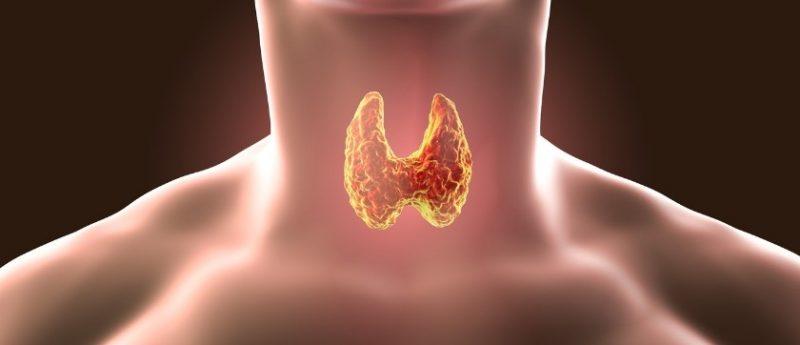Molecular test could increase accuracy of initial treatment selection for thyroid cancer patients

Researchers from University of Pittsburgh Cancer Institute (UPCI; PA, USA) have recently reported that the use of a molecular testing panel developed at the University of Pittsburgh Medical Center (UPMC) increases the chances of patients with thyroid nodules and cancer undergoing the correct initial surgery.
More specifically, this diagnostic test, which is available at the UPMC/UPCI Multidisciplinary Thyroid Center and other diagnostic testing agencies, was calculated to improve the chances of the selection of the most suitable initial surgery by 30%. The study was published recently in the Annals of Surgery.
“Before this test, about one in five potential thyroid cancer cases couldn’t be diagnosed without an operation to remove a portion of the thyroid,” explained lead author Linwah Yip, a UPMC surgical oncologist. Previously, “if the portion removed during the first surgery came back positive for cancer, a second surgery was needed to remove the rest of the thyroid. The molecular testing panel now bypasses that initial surgery, allowing us to go right to fully removing the cancer with one initial surgery. This reduces risk and stress to the patient, as well as recovery time and costs.”
A fine-needle aspiration biopsy is thought be one of the most accurate methods of testing for thyroid cancer, yet in 20% of individuals these biopsies are unable to rule out cancer. In these situations patients then undergo a lobectomy to establish whether there is cancer present and then may require a further surgery to remove the rest of the thyroid if malignancy is found.
In this study, Yip and colleagues investigated the cases of 761 patients at the UPMC, all of whom had undergone biopsies for suspicious thyroid nodes. The samples were stratified, with approximately half subjected to the UPMC molecular testing panel, while the other half remained untested.
Analysis indicated that those whose biopsies were not tested at the molecular level had a statistically significant 2.5-fold higher likelihood of having an initial lobectomy and then requiring a second operation.
“We’re currently refining the panel by adding tests for more genetic mutations, thereby making it even more accurate,” commented coauthor Yuri Nikiforov, director of thyroid molecular diagnostics at the UPMC/UPCI Multidisciplinary Thyroid Center. “Thyroid cancer is usually very curable, and we are getting closer to quickly and efficiently identifying and treating all cases of thyroid cancer.”
Source: UPMC press release


